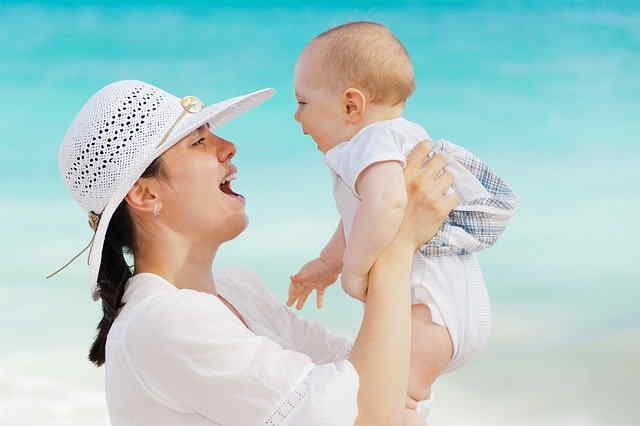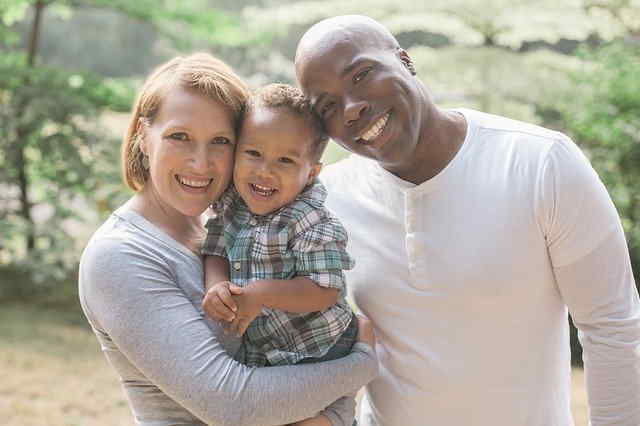THE RIGHT OF A CHILD TO A KNOWLEDGE OF SEX
There were ethical, biological and vital truths that our parents, because of mock modesty and a false and inadequate education, failed to give us in our childhood. This was a serious defect in our early education. We met with temptations, were often overcome by them and we are not what we might have been had we been safeguarded by a better knowledge of ourselves. But, because of the better social conditions of our childhood, we were better able to grow up without this information and with less injury to ourselves, than our children can, without this information, under present social conditions. If we wo
THE RIGHT OF A CHILD TO A KNOWLEDGE OF SEX Read More »


